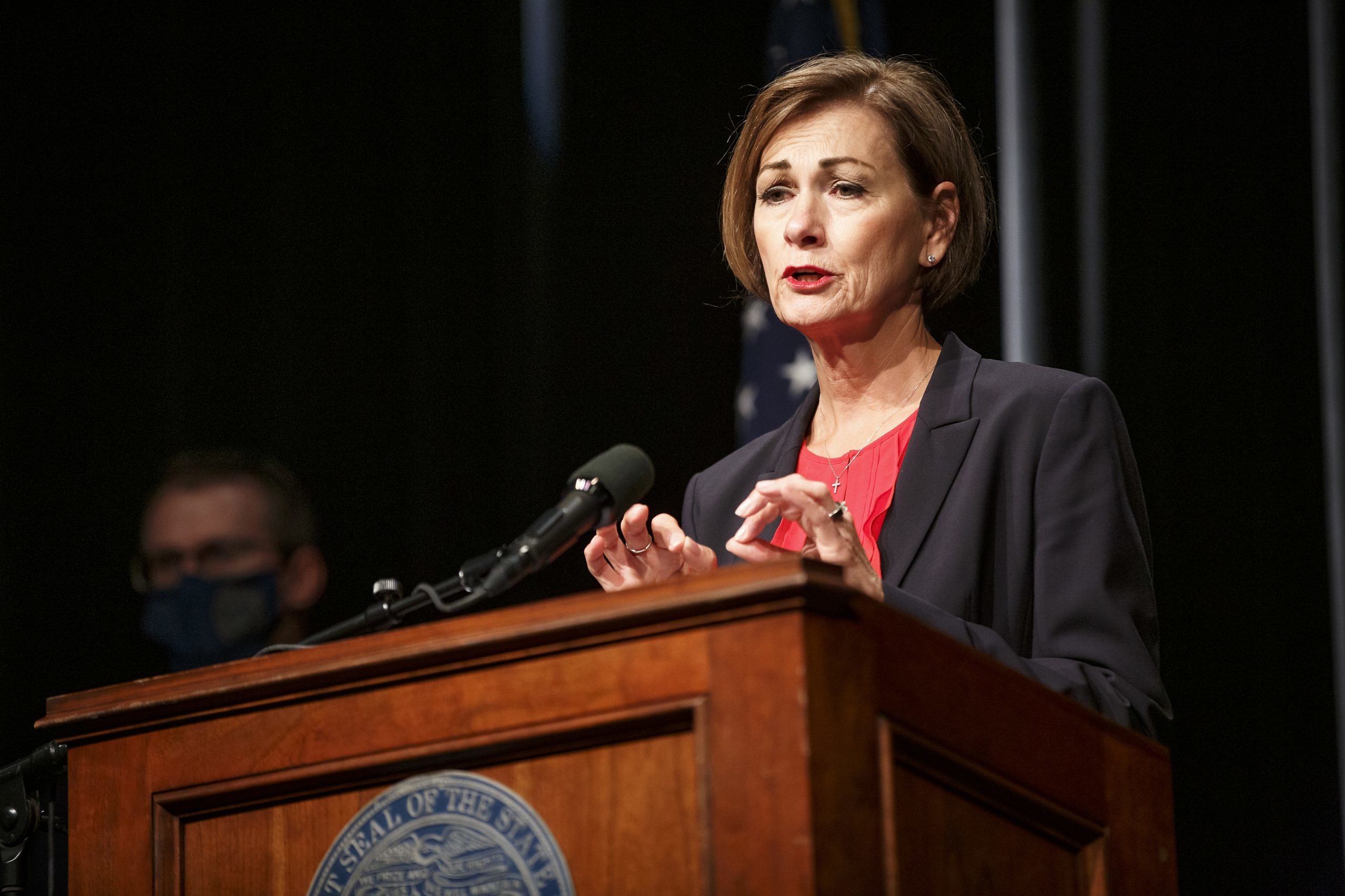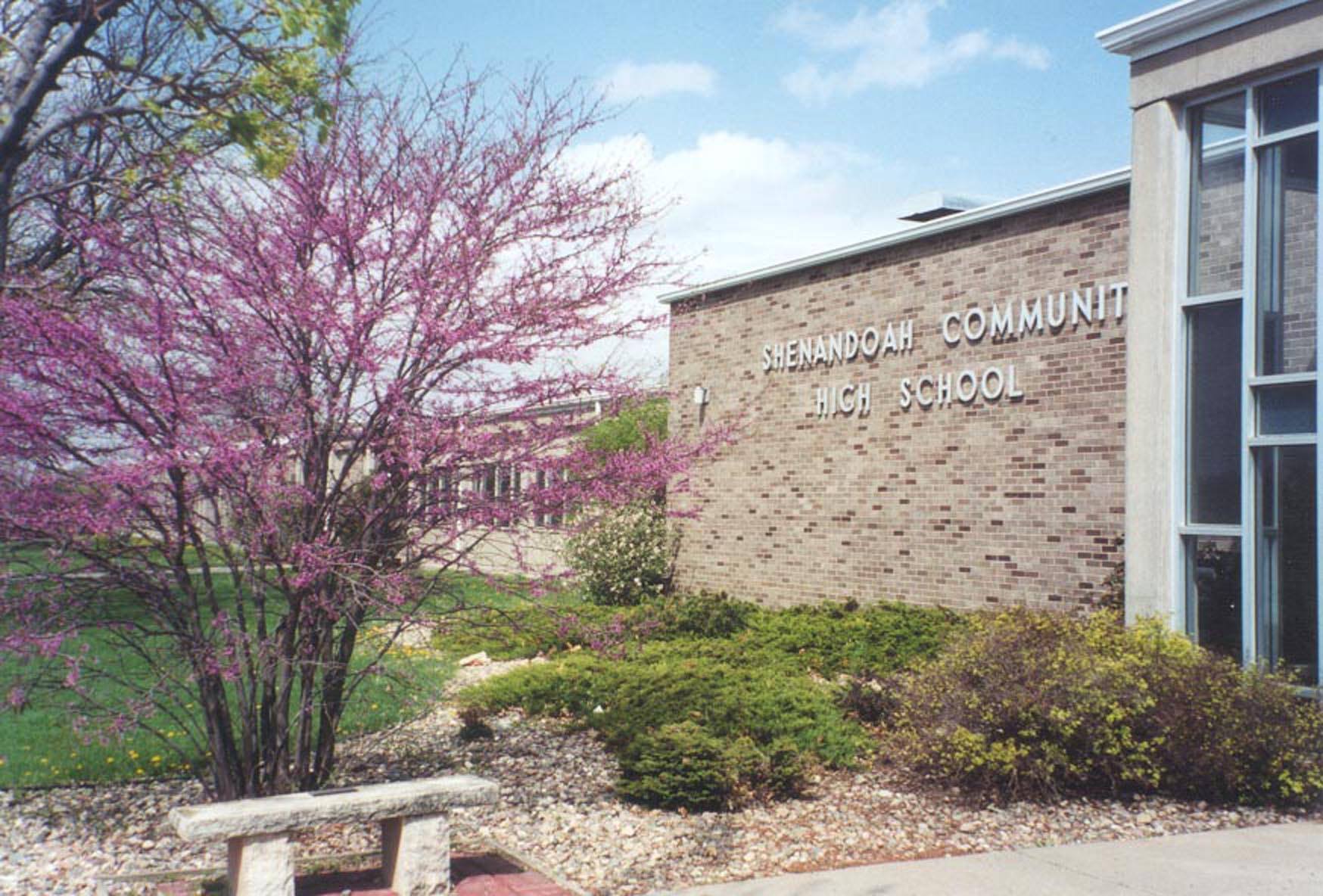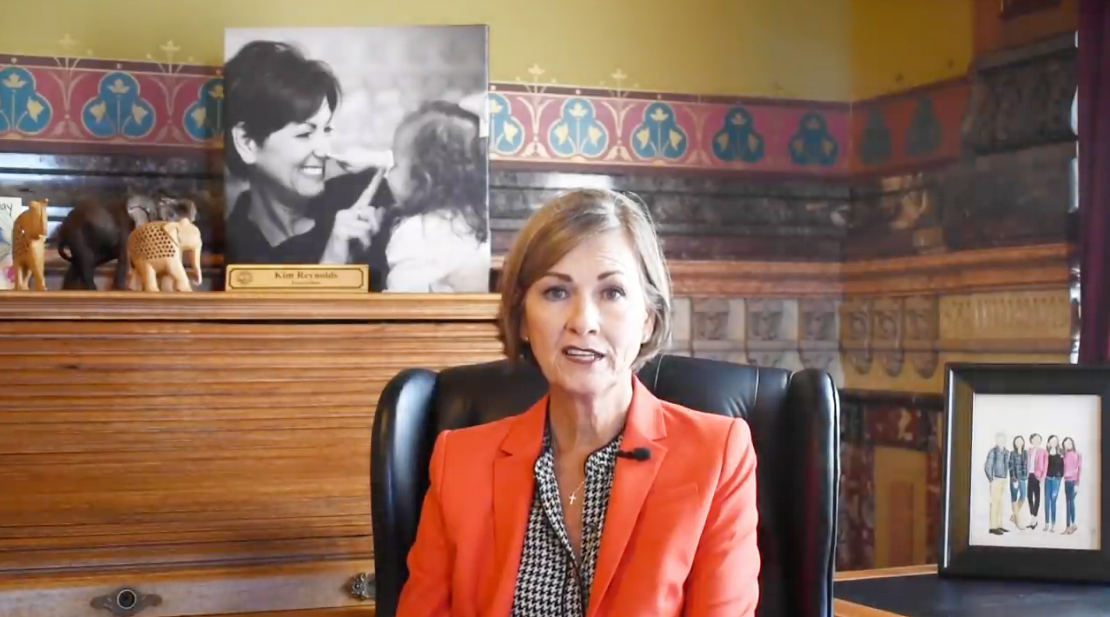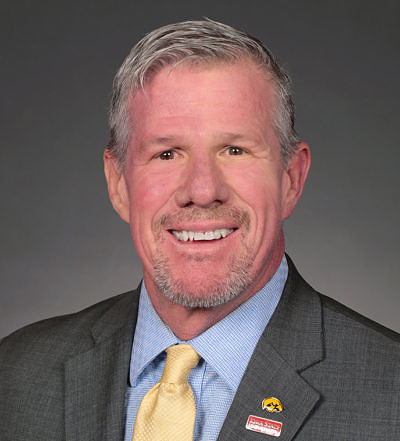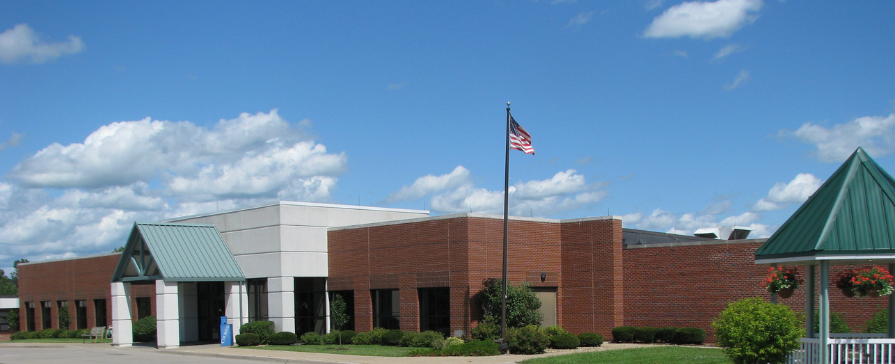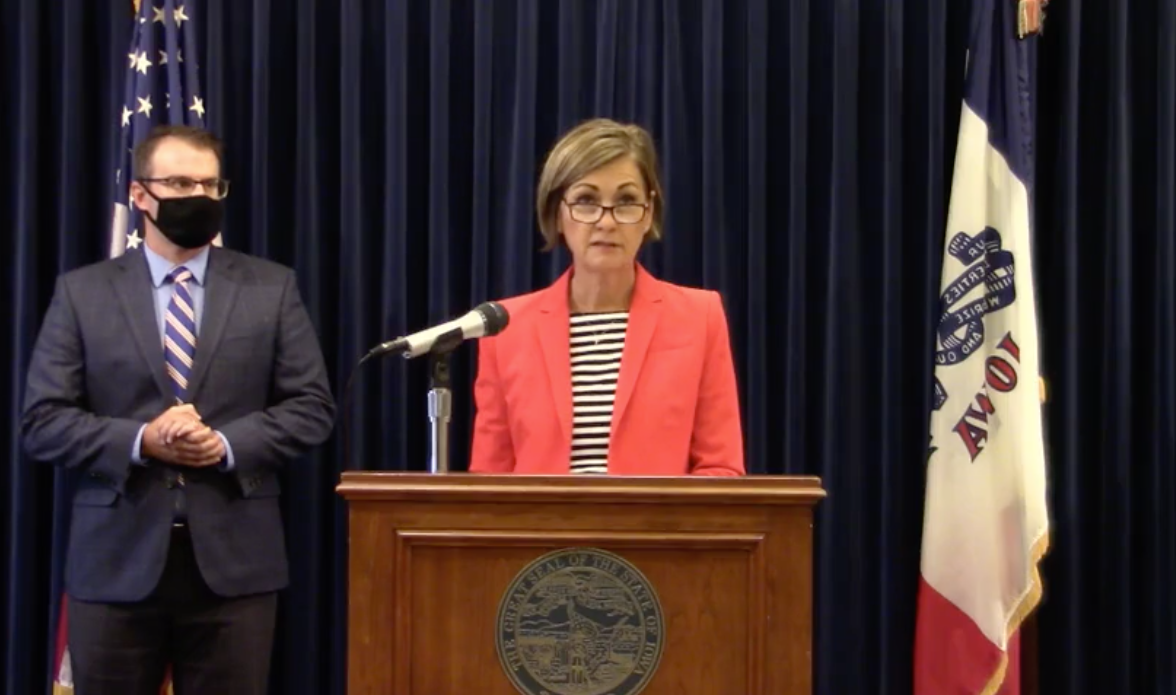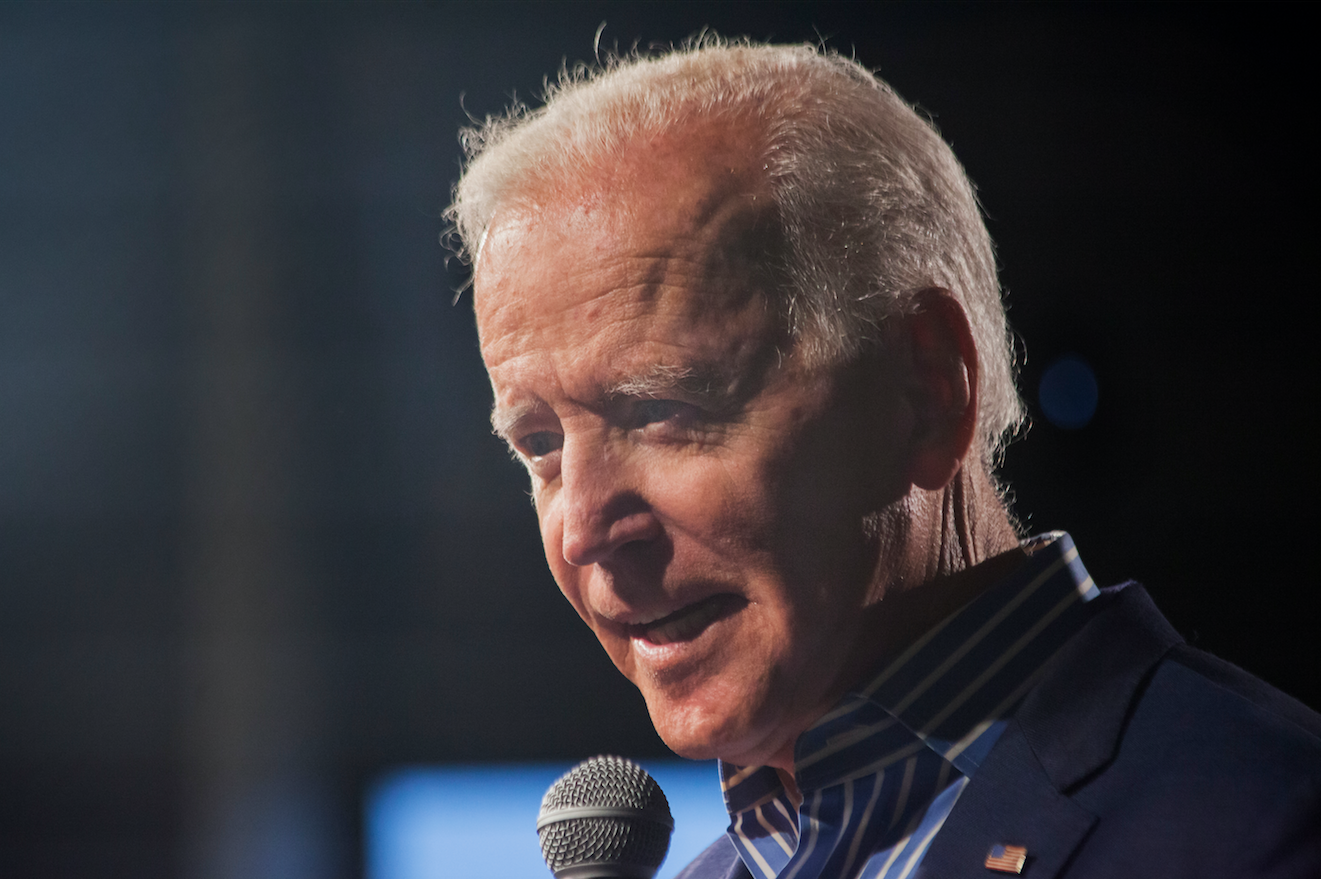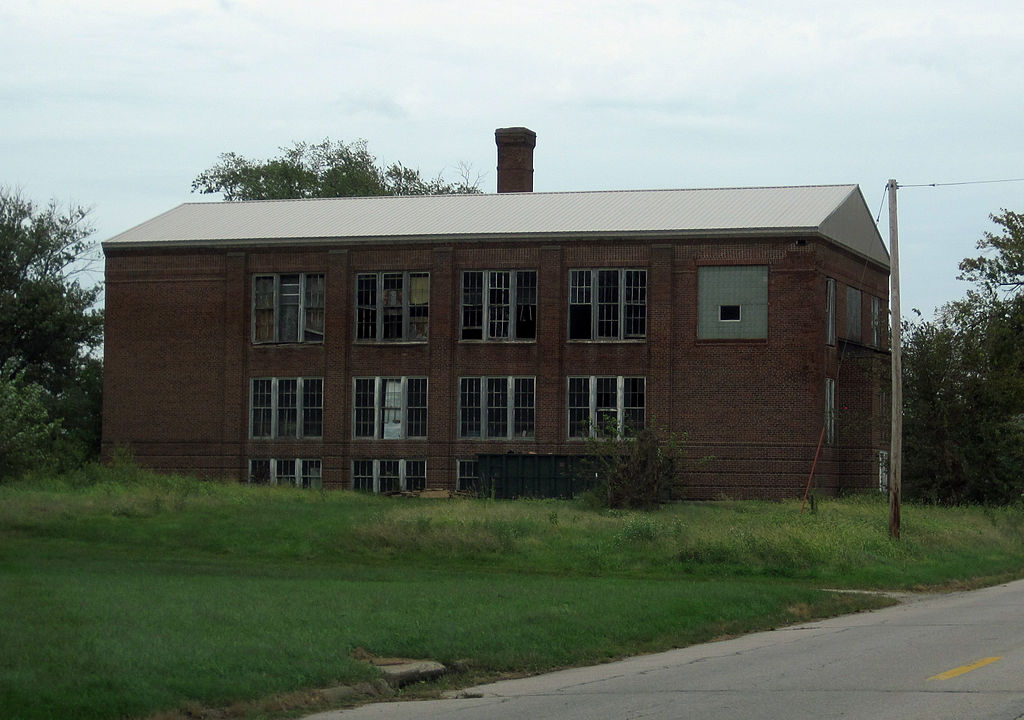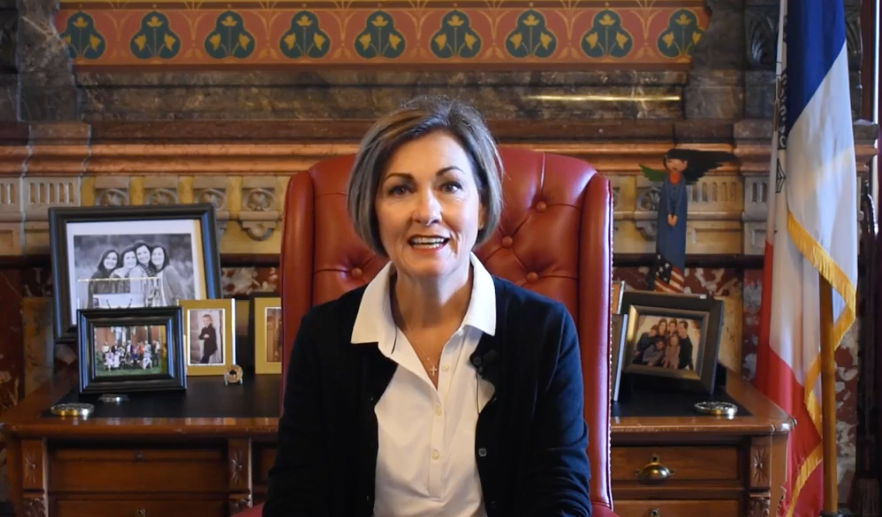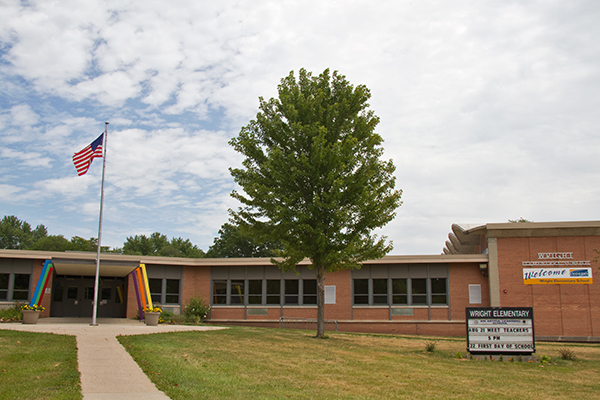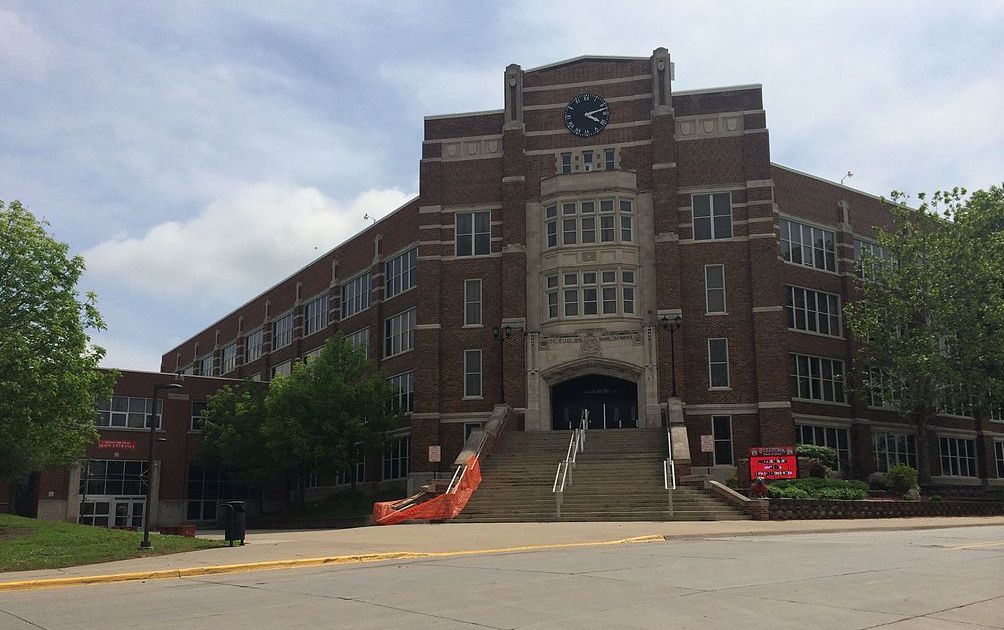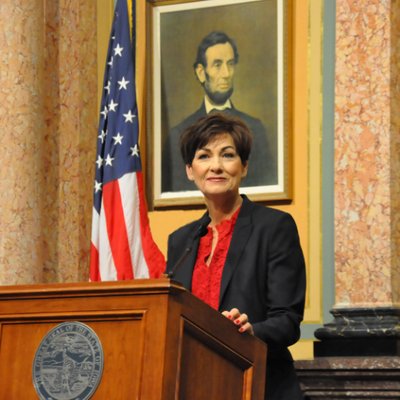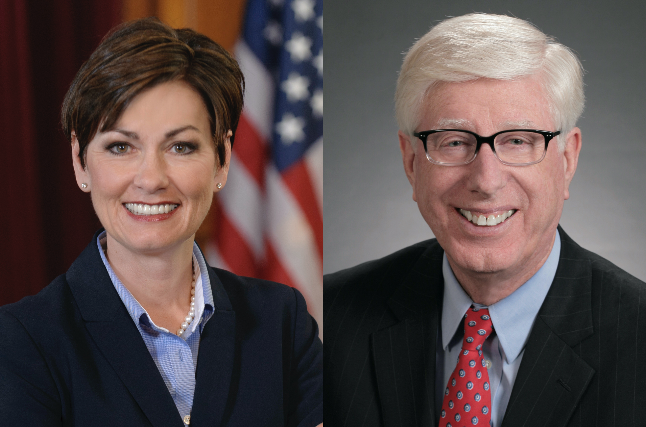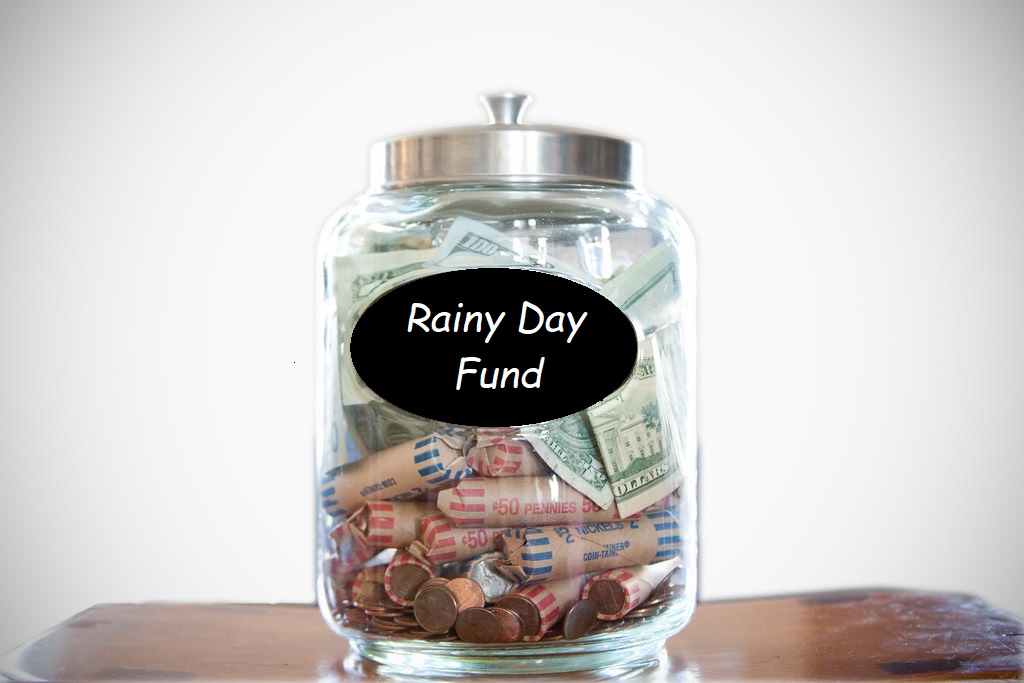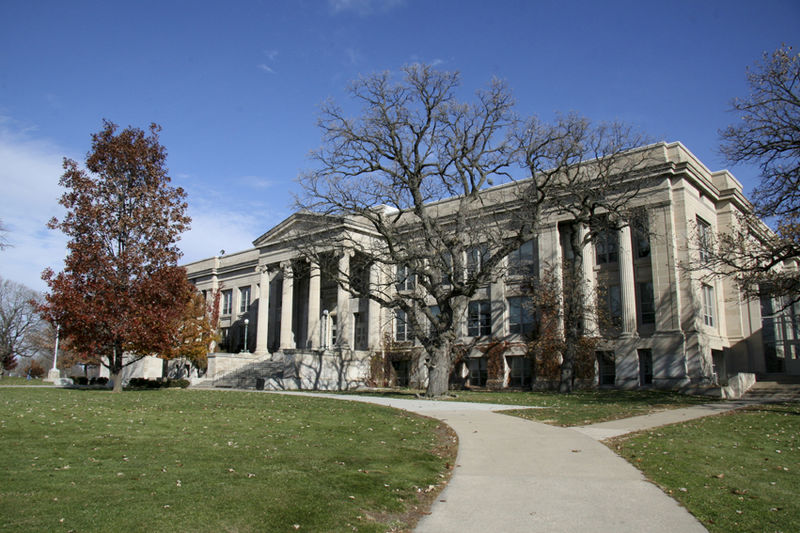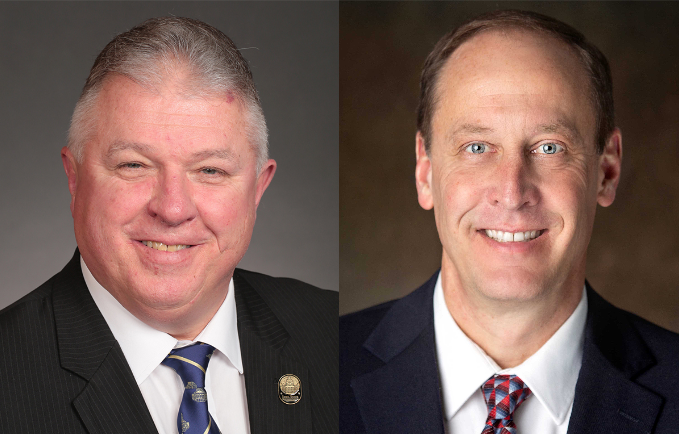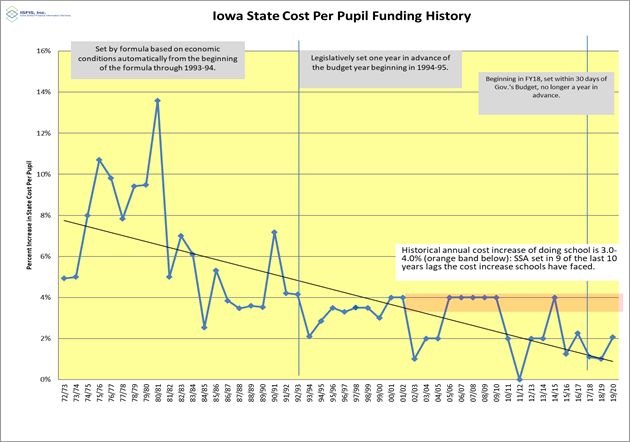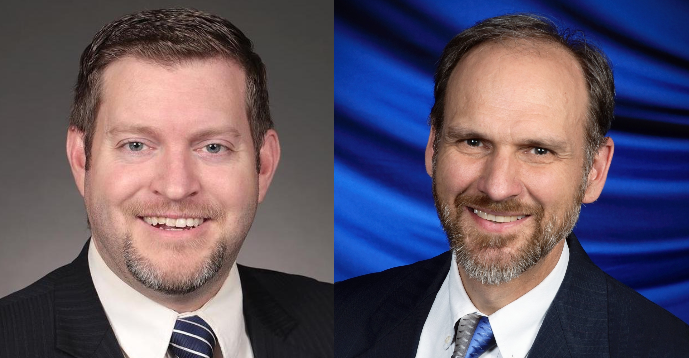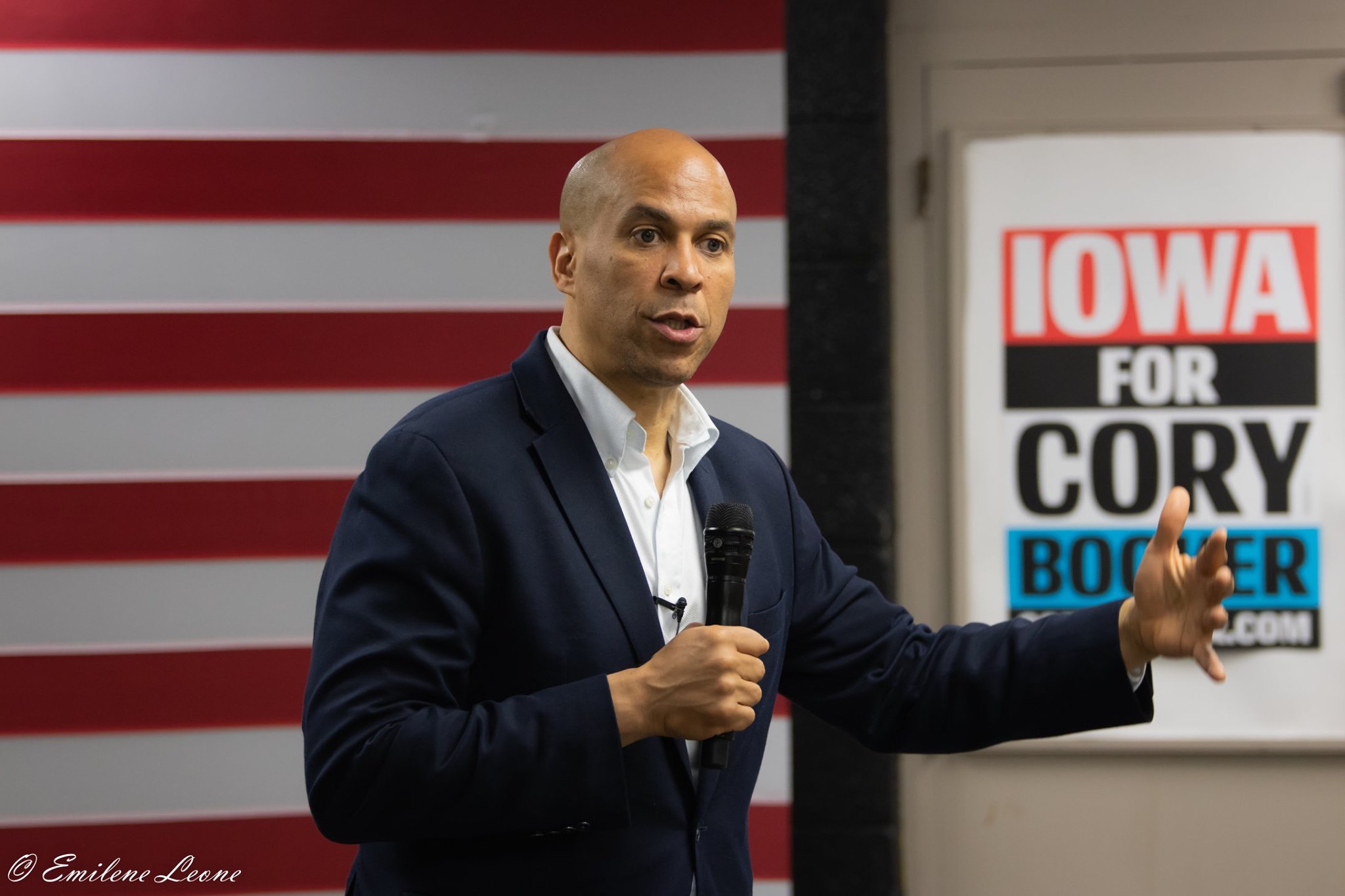Randy Richardson argues that it’s time to revive an idea first proposed for public school districts four decades ago. -promoted by Laura Belin
When I started teaching in 1976, I received fully paid family health insurance as part of my benefits package. That coverage included a $100/$200 deductible. Although this was considered to be a “Cadillac plan,” it was not uncommon to find similar coverage at schools across Iowa. The teachers in my district felt this insurance plan was very important and, over the years, often sacrificed salary increases to keep the coverage.
Shortly after I left the district in 1996, one of my former co-workers was diagnosed with a serious illness and claims from that incident ran well into six figures. Insurance premiums skyrocketed and, in an effort to keep premiums at a reasonable level, deductibles and out-of-pocket expenses increased.
Today that district offers a high deductible insurance plan with a single deductible of $3,250 and a family deductible of $6,500. Teachers in that district who wish to have family coverage must contribute more than $1,000 per month to receive that coverage. That alone would be tragic. Even worse, the same scenario has played out in every school district in the state.
Continue Reading...


